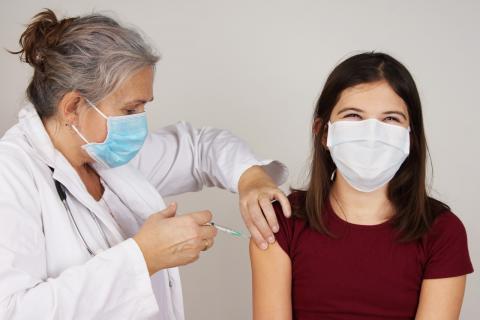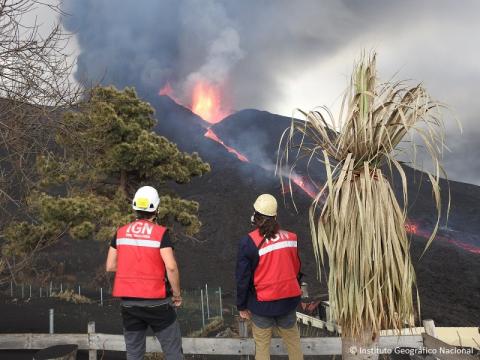1. Put useful information first - information that can help the public cope with the crisis situation - before any other information in your crisis communication.
2. Avoid personal overexposure. Talk to the media about things you are an expert on. If the opposite is the case, a very good answer is "I don't know" or "you'd better talk to this or that person, who is the best person to talk to".
3. Promote effective and agile collective scientific communication, rather than personal initiatives.
4. Think twice (or three times) before criticising the institutions responsible for crisis management.
5. Speak honestly about how far the evidence goes and where interpretation or political decision-making begins.
6. Communicate clearly that science does not have all the answers, that uncertainty exists and must be managed.
7. Do not speak too forcefully about complex and nuanced issues. It is always best, in such cases, to recognise the complexity and to avoid wishful thinking.
8. Try to seek scientific consensus and promote this consensus as a guide for communication to the media.
9. Be careful to avoid generating unnecessary alarm in the population. Obviously, we must be honest and not hide the reality, but if we are talking about crisis communication, creating alarm when there is uncertainty can aggravate the situation.
10. If you talk to the media, do so with the conviction that your role is useful.




